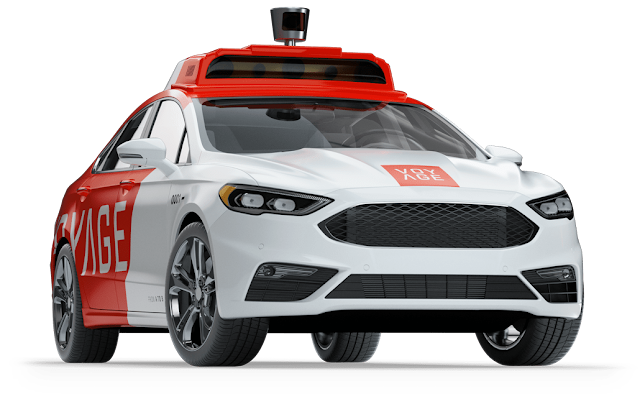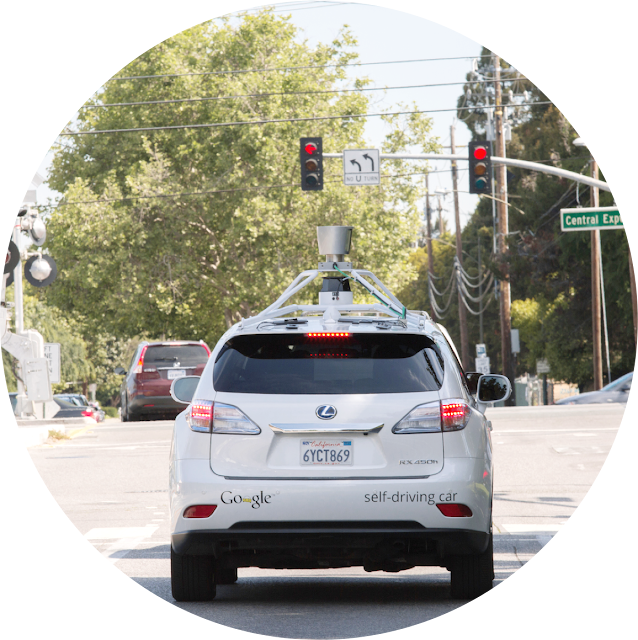The Rise of Autonomous Vehicles: Revolutionizing Transportation
In recent years, autonomous vehicles have emerged as a groundbreaking technological advancement with the potential to revolutionize the way we travel. Companies like Waymo, Cruise, Motional AI, Zoox, and even Google have made significant strides in developing autonomous driving technology, bringing us closer to a future where driverless cars roam the streets. The concept of self-driving vehicles has captured the imagination of the public, sparking both excitement and curiosity about the possibilities that lie ahead.
One of the leading players in the autonomous vehicle industry is Waymo, a subsidiary of Alphabet Inc. (Google's parent company). Waymo has been at the forefront of autonomous driving research, employing cutting-edge technologies to develop a fleet of self-driving cars. These vehicles are equipped with advanced sensors, cameras, and artificial intelligence systems that allow them to navigate roads and make decisions autonomously. Waymo's progress demonstrates the immense potential of autonomous driving technology and has paved the way for other companies to follow suit.
Cruise, another prominent player in the autonomous vehicle space, has also made significant strides in developing self-driving technology. Cruise's autonomous cars are designed to operate without human intervention, utilizing a combination of sensors, radar, and lidar technology to detect and respond to their surroundings. By harnessing the power of artificial intelligence, Cruise aims to create a safer and more efficient transportation system, reducing the risk of accidents caused by human error and improving overall traffic flow.
Motional AI, a joint venture between Hyundai and Aptiv, is dedicated to advancing autonomous driving technology. Motional AI's autonomous vehicles are engineered to handle various driving scenarios, from urban environments to highway cruising. By leveraging machine learning algorithms and real-time sensor data, Motional AI's cars can adapt to changing road conditions, making them capable of handling complex driving situations with ease.
Zoox, a company acquired by Amazon in 2020, is also making significant contributions to the field of autonomous driving. Zoox is developing purpose-built, fully autonomous electric vehicles that are designed to operate in dense urban environments. These vehicles prioritize passenger comfort and safety, featuring a symmetrical design, advanced sensor arrays, and sophisticated AI algorithms that enable them to navigate crowded city streets efficiently.
The advent of autonomous vehicles holds the promise of numerous benefits. First and foremost, autonomous driving technology has the potential to significantly reduce traffic accidents. According to the World Health Organization, over 1.3 million people die each year in road traffic crashes, with human error being a major contributing factor. By eliminating human error from the equation, autonomous vehicles can enhance road safety and save countless lives.
Furthermore, autonomous vehicles have the potential to improve traffic flow and reduce congestion. With their ability to communicate with each other and make split-second decisions, these vehicles can optimize speed, spacing, and lane changes, leading to smoother traffic patterns and reduced travel times. This increased efficiency can have a positive impact on the environment by reducing fuel consumption and greenhouse gas emissions.
In addition to safety and efficiency, autonomous vehicles have the potential to revolutionize transportation accessibility. For individuals who are unable to drive, such as the elderly or disabled, autonomous vehicles offer newfound freedom and independence. These individuals can travel independently, accessing essential services and participating in social activities without relying on others for transportation.
However, the widespread adoption of autonomous vehicles also raises several concerns. One of the main issues is the ethical and legal implications surrounding accidents involving autonomous vehicles. Determining liability in the event of an accident becomes complex when human drivers are not involved. Additionally, ensuring the cybersecurity of autonomous vehicles is crucial to prevent hacking attempts that could compromise the safety of passengers and pedestrians.
Furthermore, there are economic and societal implications to consider. The widespread adoption of autonomous vehicles could disrupt industries reliant on human drivers, such as trucking and taxi services, potentially leading to job displacement. Policymakers and stakeholders must proactively address these challenges to ensure a smooth transition to an autonomous future, focusing on retraining and reskilling affected workers and finding new opportunities for employment.
In conclusion, the rise of autonomous vehicles represents a significant milestone in transportation history. Companies like Waymo, Cruise, Motional AI, Zoox, and others are driving the development of this technology, bringing us closer to a future where autonomous cars are a common sight on our roads. While there are challenges to overcome, the potential benefits of autonomous vehicles in terms of safety, efficiency, and accessibility are immense. By continuing to invest in research and development, collaborating with policymakers, and addressing the societal implications, we can shape a future where autonomous driving technology improves our lives and transforms the way we travel.


.jpg)








.jpg)